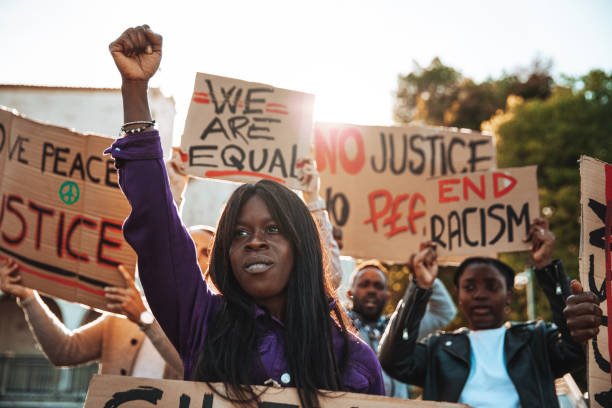Reasons Why Discriminatory Behaviour in South Africa Continues
Skip to content
Skip to sidebar
Skip to footer
Reasons Why Discriminatory Behaviour in South Africa Continues
Reasons Why Discriminatory Behaviour in South Africa Continues


